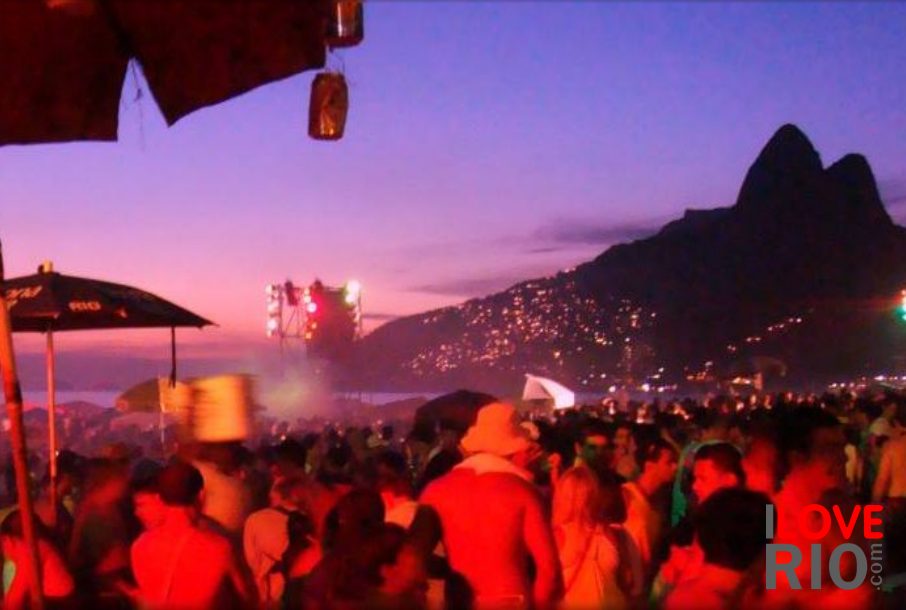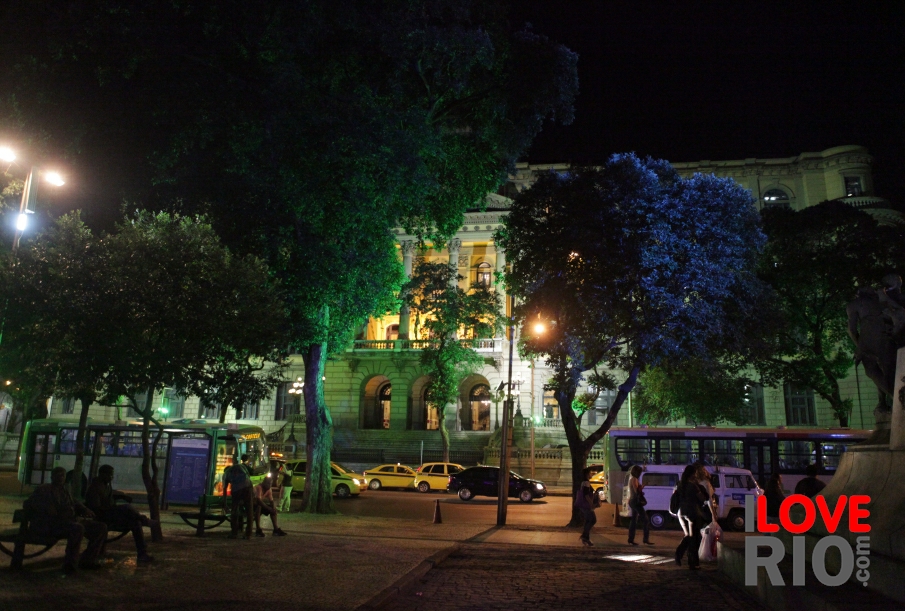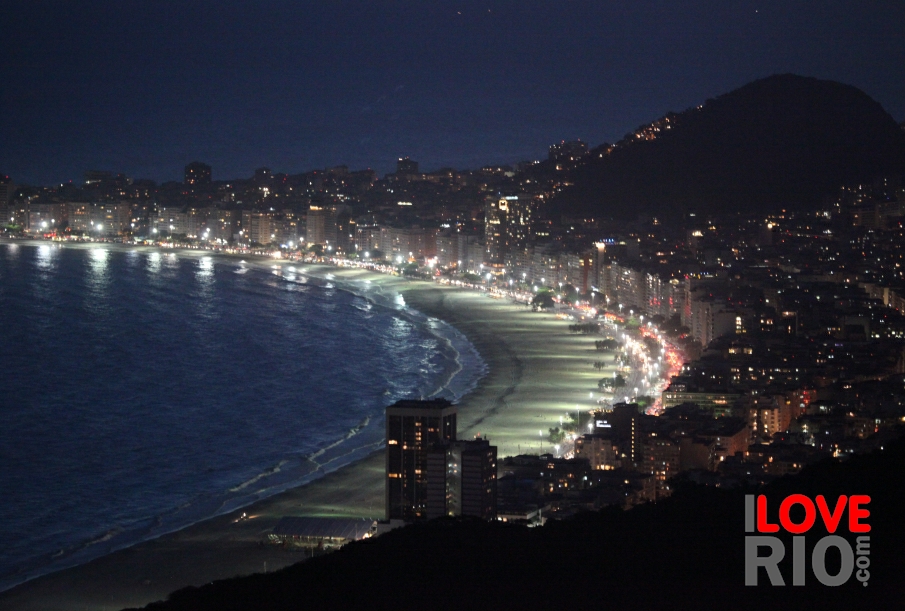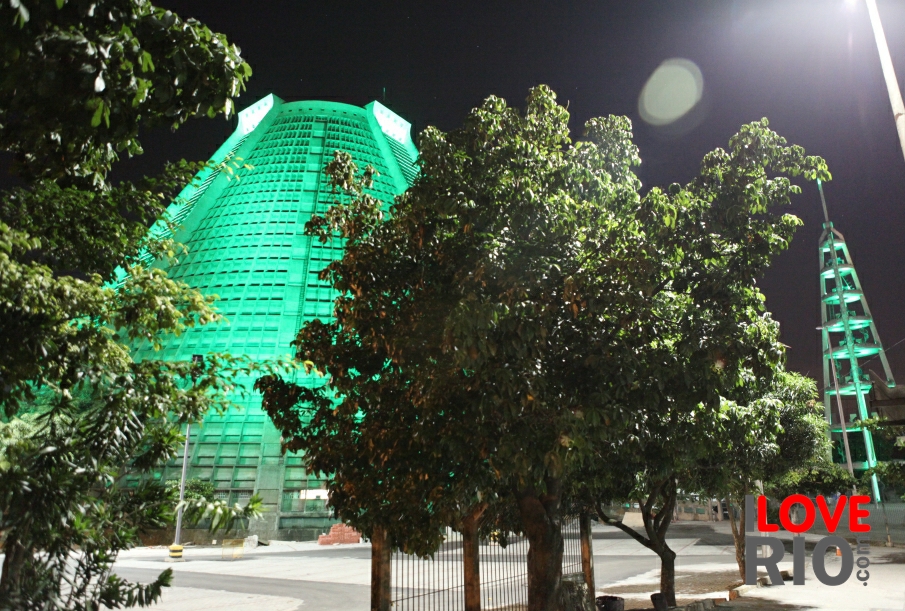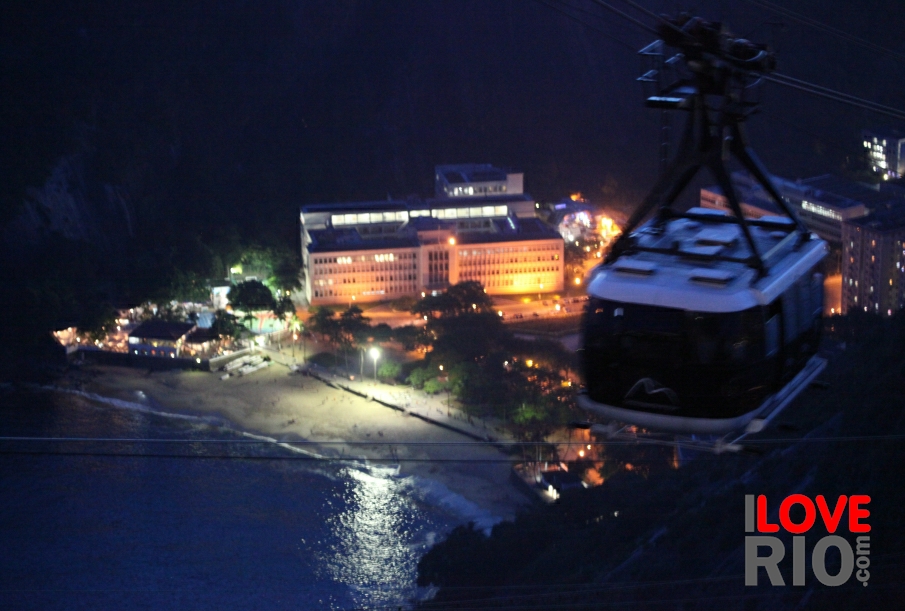

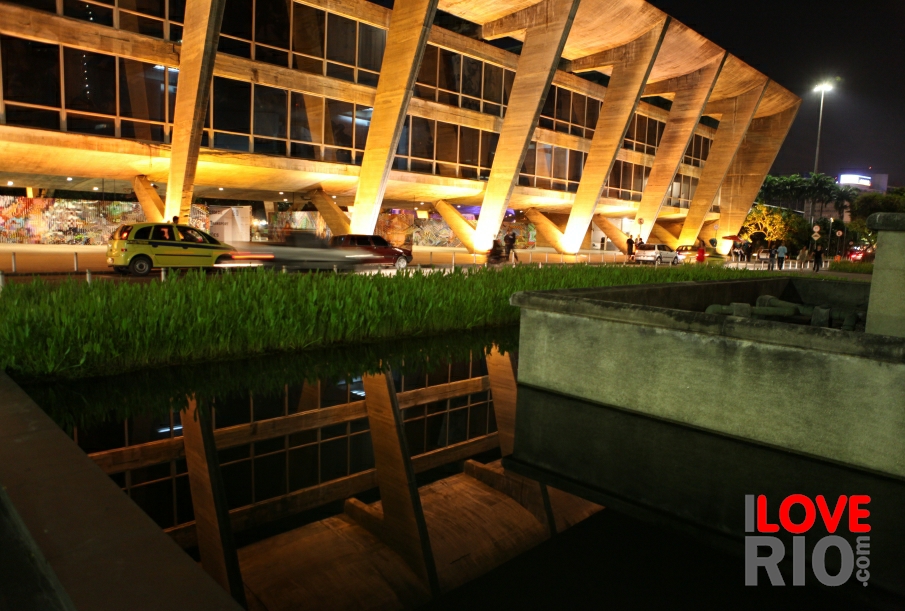
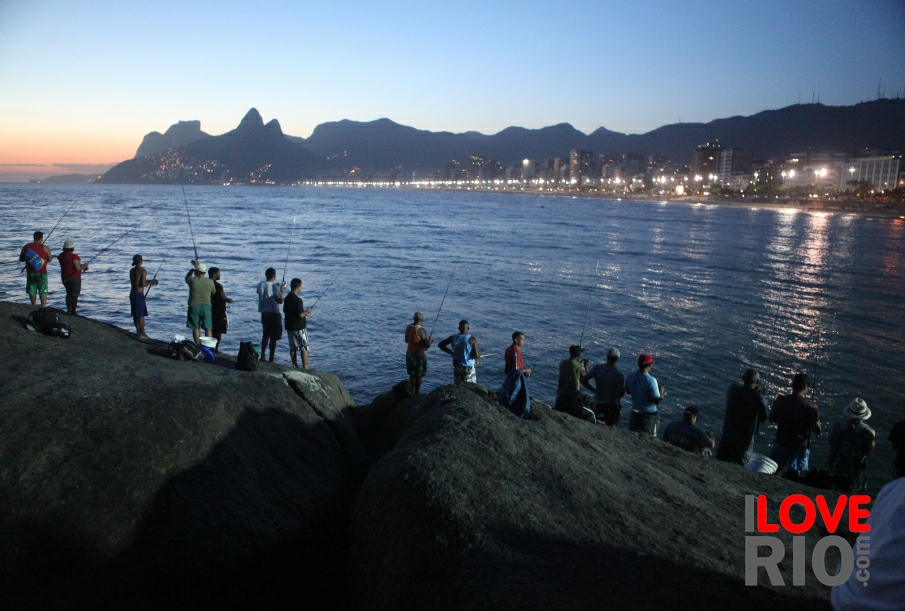

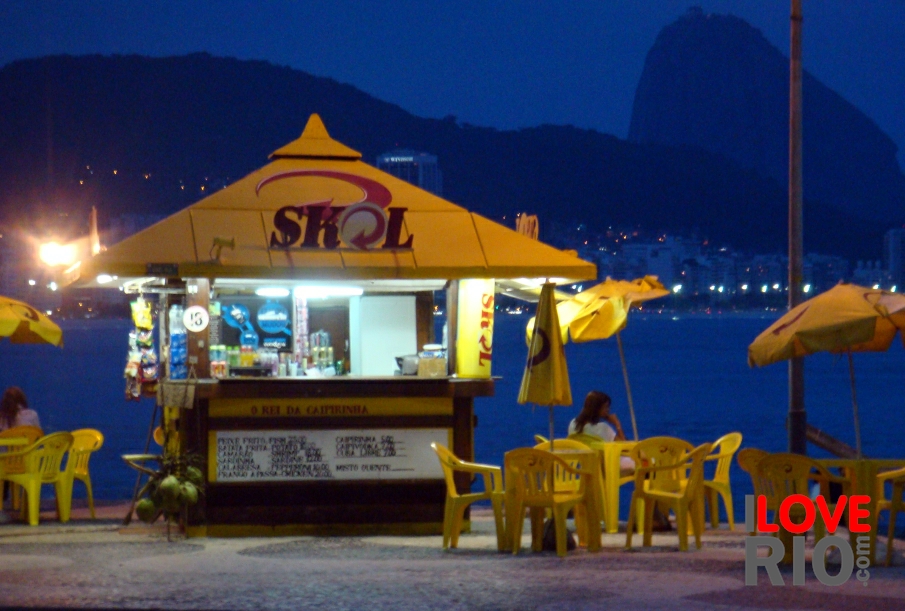
mainly driven by the exposure of the european polka introduced in 1845 and the already established musical environment strongly influenced by african rhythms, principally the lundu which had been playing since the end of the 18th century.
its name, meaning 'cry' in portuguese, comes from the generally mournful and nostalgic tone, that brings to mind 'saudades', or longing of the past - developed among working-class cariocas in ensembles that generally consisted of five to six musicians, though, originally decideded to be a free-form with no requisite number of players.

